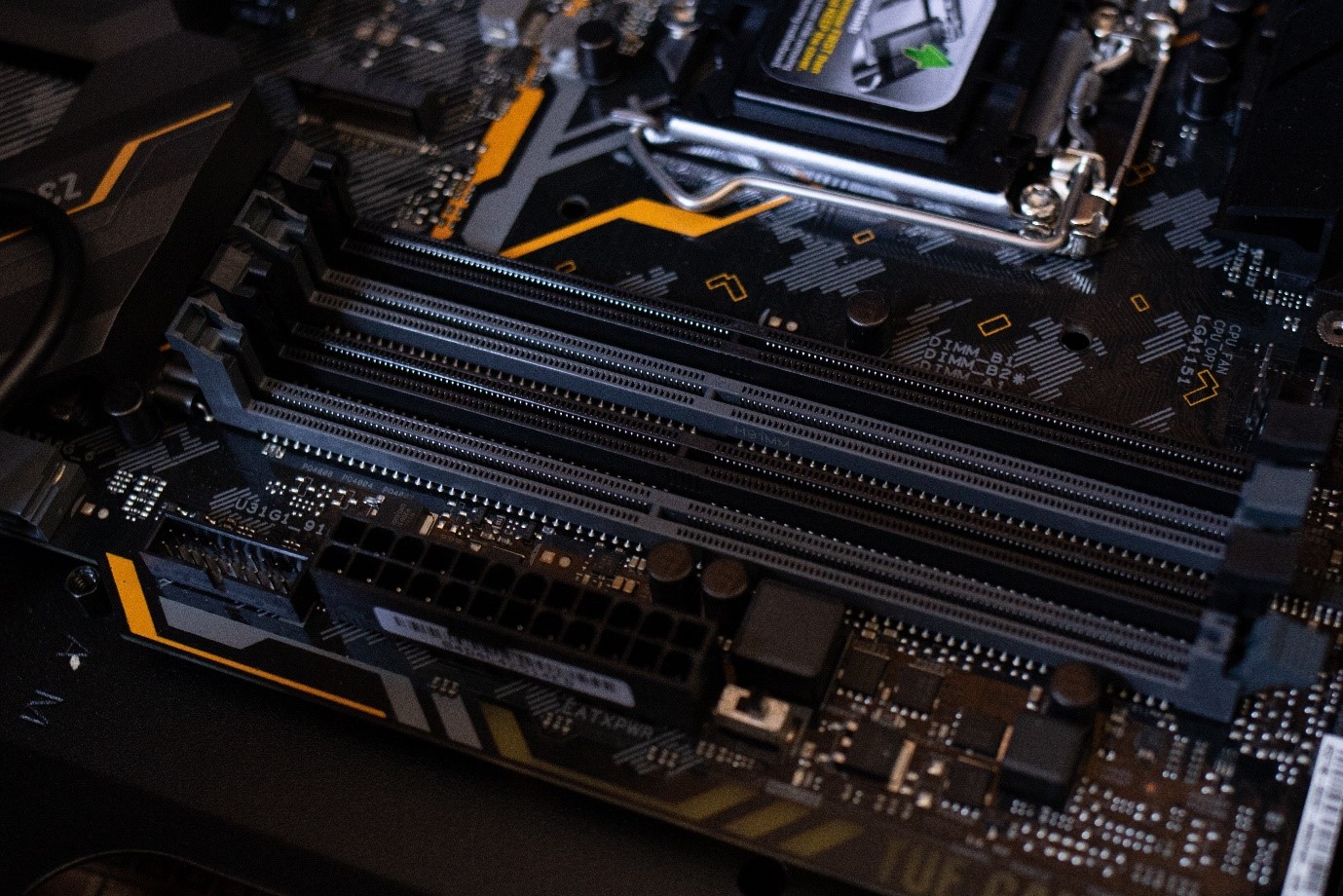Data is collected and stored by every business daily. A small percentage of files may quickly become irrelevant, but the majority include highly personal information that can lead to immediate identification of customers, personnel and even the financial status of your business.
In 2020, 98% of US businesses experienced breaches of current data, highlighting the need for secure storage. However, it is unwanted data stored on computer hardware that is an easy target of cybercriminals.
Is Your Business Responsible for Unwanted Data?
Every business has a responsibility to safeguard the data it collects, even after it is no longer required. The US doesn’t have a unified, coordinated policy regarding data protection and privacy as the European Union does in its General Data Protection Regulation (GDPR) of 2018.
However, the importance of protecting personal data beyond its useful role in your business cannot be emphasized enough. Adopting good working practices in ensuring all discarded data is properly destroyed is a vital element of running a business that is trustworthy and reliable.
Why do You Need a Data Destruction Policy?
Every business should prioritize data destruction. Failure to do so can lead to irrevocable reputational damage for your company. Cybercriminals can easily recover inactive data from all types of computer hardware, which has either been recycled or disposed of in a landfill site.
The only safe solution is to implement a robust policy of destroying all types of data to preserve the privacy of your business and the people you serve. Several methods can successfully be used, but they do need to be carried out professionally.
In return, you’ll receive documents to prove that your data has been destroyed, protecting you against fraud and lawsuits over breaches of data protection.
How Data can be Deleted Securely?

Some businesses believe that simply deleting files is sufficient to remove the data they contain. However, it is relatively easy to restore deleted data from equipment such as hard drives, photocopiers, and memory sticks. When sending equipment for repair or disposal, ensure your business’ data is deleted securely by seeking the help of a professional data destruction company.
It will have sophisticated software of the highest professional standard that can reliably delete data once and for all. The method involves programs that overwrite existing data with binary code. Regarded as reliable and secure, it effectively prevents anyone from retrieving the previous data.
One benefit of professionally deleted files is that the hardware can be safely reused. It can also be dismantled for the retrieval of valuable metals and hazardous substances such as mercury.
Complete Data Destruction
If your business has unwanted, but highly sensitive data, you may prefer the destruction of the hardware on which it is stored. It’s a mistaken belief that you can destroy data by simply burning your hardware in an incinerator.
Cold spots can occur within the equipment that preserves sections of data enabling it to be retrieved later. When using a professional data destruction company, your unwanted hardware will be reliably destroyed by shredding in specialized machinery.
Effective Data Management
Efficient businesses and organizations always make multiple copies of files to ensure data can still be accessed in the event of accidental loss. These additional files should be correctly stored and cataloged to ensure they are destroyed along with the original data.
Even obsolete equipment such as floppy disks that may have been in long-term storage can pose a threat to your business unless they are properly destroyed. However, data management needs meticulous record-keeping to keep track of which type of data is stored and where it is located.
1. Data Tracing
Data tracing helps you know precisely where the most sensitive data is held. Every file and piece of equipment should be given a serial number and routinely cataloged. Backup files should also be included, enabling you to quickly retrieve them and send them to be destroyed with the original material.
Your data ledgers provide an accurate record of what has been cleared out, the method used for its destruction and whether the hardware has been recycled or shredded. Data tracing is also beneficial in the event of theft.
If equipment is stolen from your business premises, your record-keeping will at least alert you to the risks the stolen data may pose to your business.
2. Data Access Control
A crucial part of data management is controlling who is authorized to have access to it. Record-keeping should be at the forefront of your business structure.
Allowing only the most trusted members of the workforce to access sensitive data can reduce the risk of misappropriate use.
Storage should be secure, particularly for the most sensitive files. Fit keypads to storage units and change the passwords regularly.
Choosing the Best Data Destruction Company

Arranging for another business to destroy your data can be hazardous unless you can be assured of its reliability and trusted procedures. Many companies have experienced a loss of data through rogue businesses that operate outside of the law.
When choosing a data destruction company, check for authorized certification. These may include membership in the prestigious National Association for Information Destruction (NAID). This ensures the most reliable procedures are used.
R2 ensures the company is a responsible recycling business. The data destruction company should also have reliable management systems in place as indicated by Certificate ISO 9001 and ISO 14001.
Final Thoughts
You owe it to your customers, associates, and yourself to adopt a stringent policy regarding data destruction. Data protection is a responsibility that cannot be underestimated. It includes safeguarding current data and that from the past.
Implement a reliable management system that keeps track of every type of data, with the most sensitive being stored under lock and key. Deciding on deletion or complete destruction depends on the level of security the data should require and whether you want to reuse the equipment.
Finally, choose your data destruction company with the greatest care. Ensure the company holds reliable, trusted certification from authorized sources.
Read Also:
- How The Blockchain Can Protect Your Fintech Data
- 7 Business Data Management Tools That Can help You Grow
- Why Choose an Operational Data Store (ODS)
Author Bio: This article was written by Milica Vojnic of Wisetek. Wisetek are global leaders in IT Asset Disposition, Data Destruction Services & IT Reuse.














